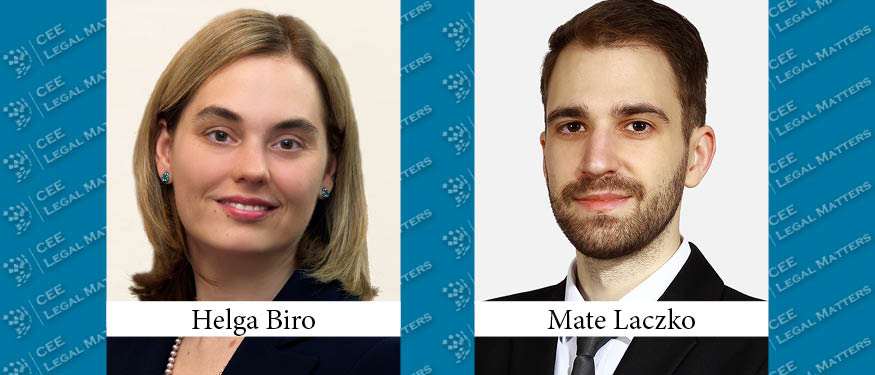A new trend is emerging in the National Institute of Pharmacy and Nutrition’s (OGYEI) recent case law on medicinal product promotion in Hungary. The OGYEI is more active, imposes higher fines, and its investigations extend to longer time periods and to a variety of promotional practices of pharma companies, instead of focusing on specific infringements as before. In numbers, the OGYEI published two to three times as many decisions annually in the past two years than before. Further, the imposed fines regularly exceed USD 75,000 and, in 2022, the OGYEI imposed its highest fine (approximately USD 100,000) in the last ten years.
This new trend follows legislative amendments of the past year introducing stricter requirements for medicinal product promotion. While most pharma companies actively promoting in Hungary aim for high-level compliance, they must now face the combined challenge of changing legislation and increased authority scrutiny. Case law shows that not all of them were able to meet this challenge.
The legislative changes introduced strict conflict of interest rules. Healthcare professionals (HCPs) engaged by healthcare service providers may only be involved in scientific activities or activities under copyright protection independent of the company’s commercial practice. If the OGYEI considers an HCP’s activities to be promotional, that could result in an infringement of the conflict-of-interest rule.
As an example, the OGYEI often reviews speaker engagements of HCPs. Case law provides that supporting, background materials may be provided to the speakers by the pharmaceutical company, at the speaker’s express written request. However, their content may not be promotional and may not be used in copy-paste form in the speaker’s presentation, because it may improperly influence the speaker’s professional independence and render the presentation to be “promotional.” This requirement should be interpreted strictly as, in a recent case, the OGYEI considered a presentation to be promotional due to the fact that six out of 35 slides were identical to the supporting material provided by the pharmaceutical company.
In another case, the OGYEI investigated the contractual relationships between a pharmaceutical company and HCPs engaged as speakers, identifying a number of presentations that were identical in many respects. The company did not keep records of the supporting materials provided to the speakers. The OGYEI found that this “bad practice” infringed the laws, which require the company under investigation to provide to the OGYEI the documents demonstrating that its conduct is in line with the laws and does not constitute an unlawful commercial practice. Essentially, the burden of proof has been shifted from the OGYEI to the investigated company.
As to other types of professional services contracts, the OGYEI noted that they must not aim at activities that HCPs are required to perform on the basis of a legal obligation (e.g., HCPs may not be engaged to provide patient education services because this task is clearly part of the HCPs’ obligation under healthcare laws). Any remuneration payable under infringing contracts constitutes a prohibited benefit to HCPs.
In recent cases, the OGYEI challenged companies’ practices to invite HCPs for business meals outside events. Investigated companies argued that these business meals were not related to their promotional activities, however, the authority stated that companies promoting medicinal products may not separate their activities from their promotional intents. As a result, the business meals provided to HCPs beyond events were considered an unlawful benefit because a meal is not associated with the HCPs’ professional practice.
The OGYEI regularly investigates if the threshold for costs (applicable to items such as hospitality, room rental fees, etc.) of own events is complied with. Other typical practices challenged by OGYEI include the provision of samples and donations to HCPs or to hospital departments, which is not acceptable as samples and donations may only be handed over to the institutional pharmacy of the hospital.
Companies often fail to comply with administrative tasks such as filing with the OGYEI the hand-over minutes on donations of reimbursed medicines on a quarterly basis, notifying certain types of events (e.g., advisory board meetings), or submitting to the OGYEI the payment certificates on the extra pharma taxes.
Considering the above, it is recommended to continuously monitor the OGYEI’s guidelines and case law on promotional practices and to regularly align internal trainings and company SOPs with this evolving set of requirements.
By Helga Biro, Partner, and Mate Laczko, Associate, Baker & McKenzie
This article was originally published in Issue 9.11 of the CEE Legal Matters Magazine. If you would like to receive a hard copy of the magazine, you can subscribe here.



